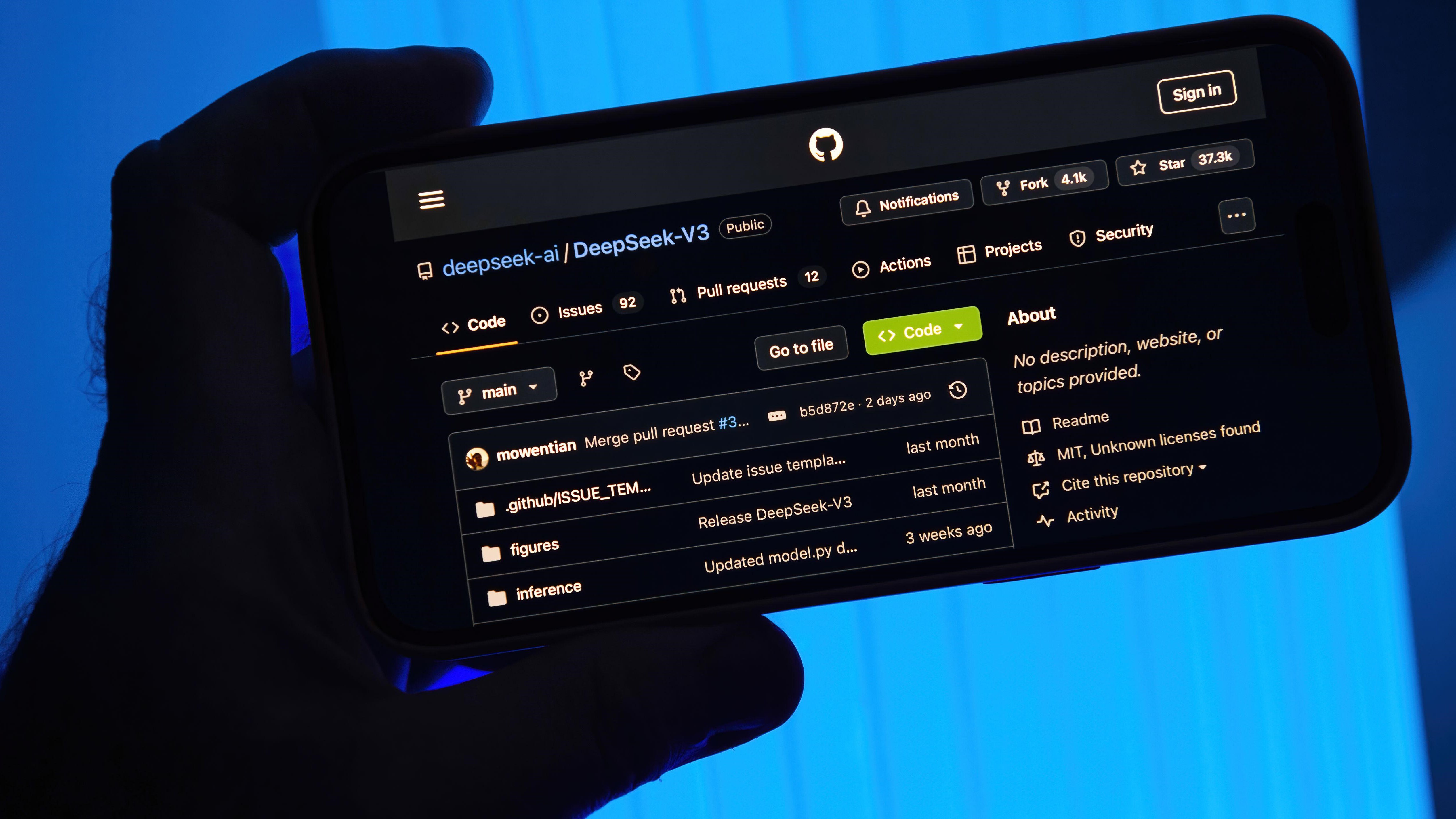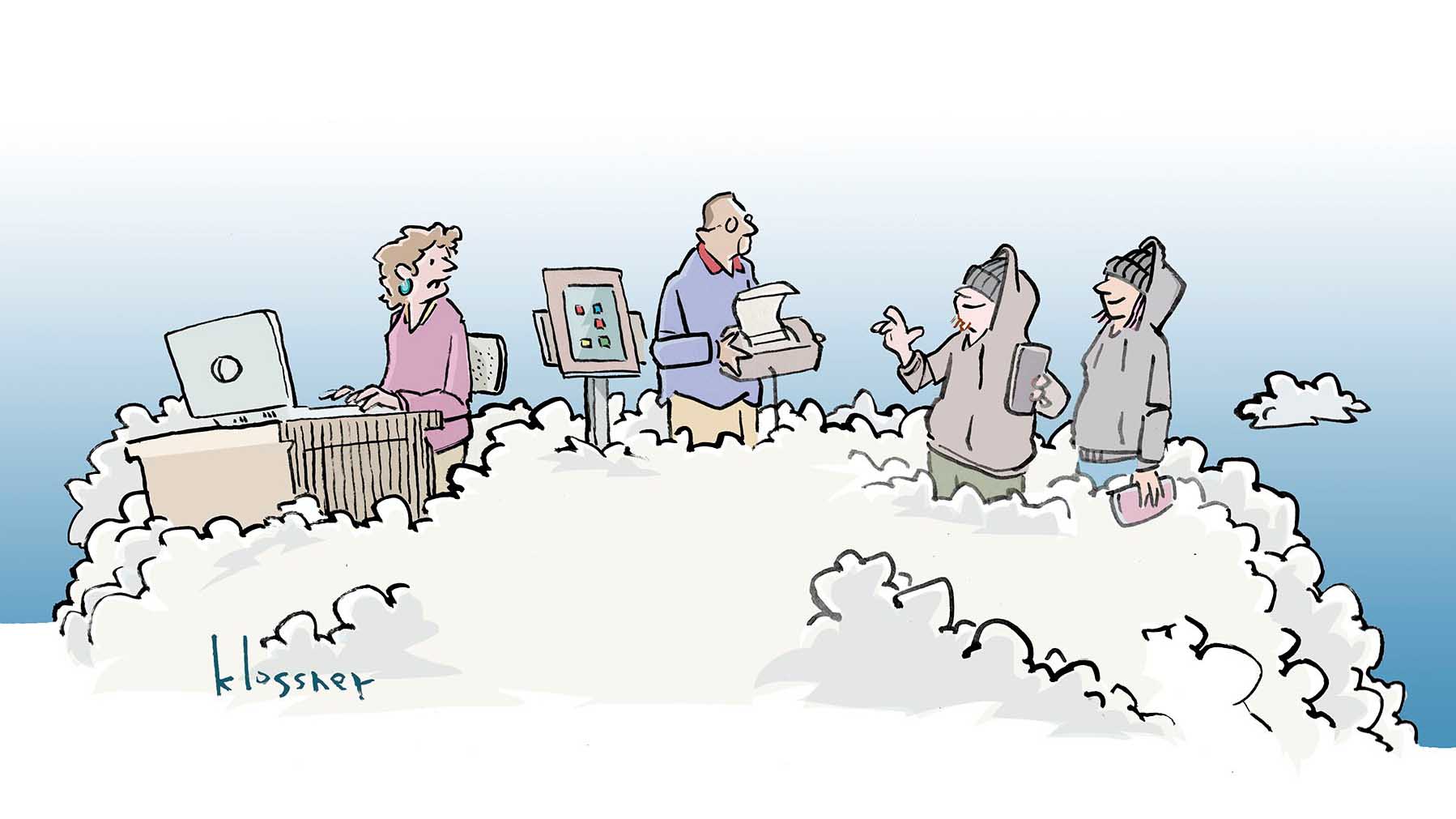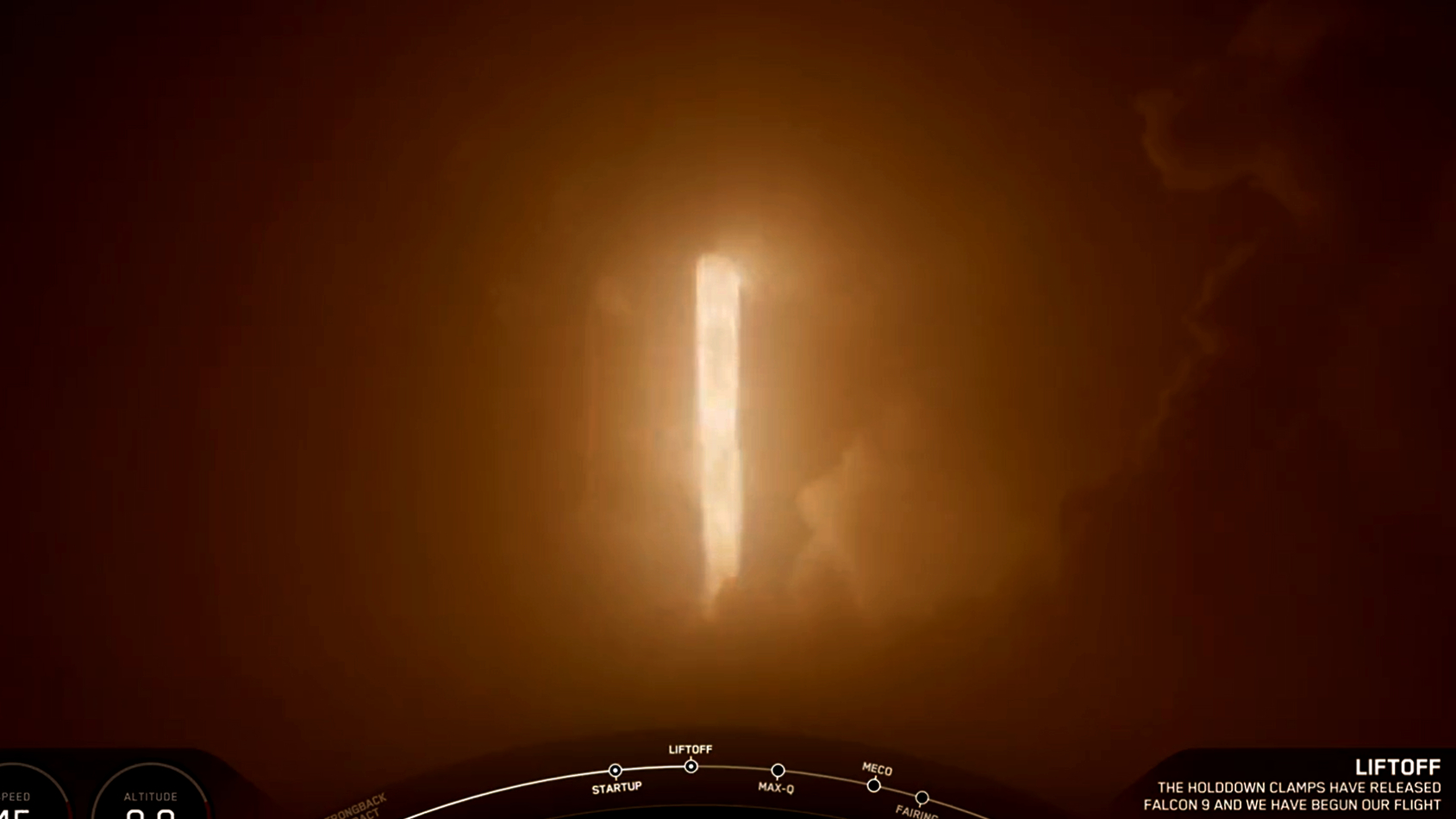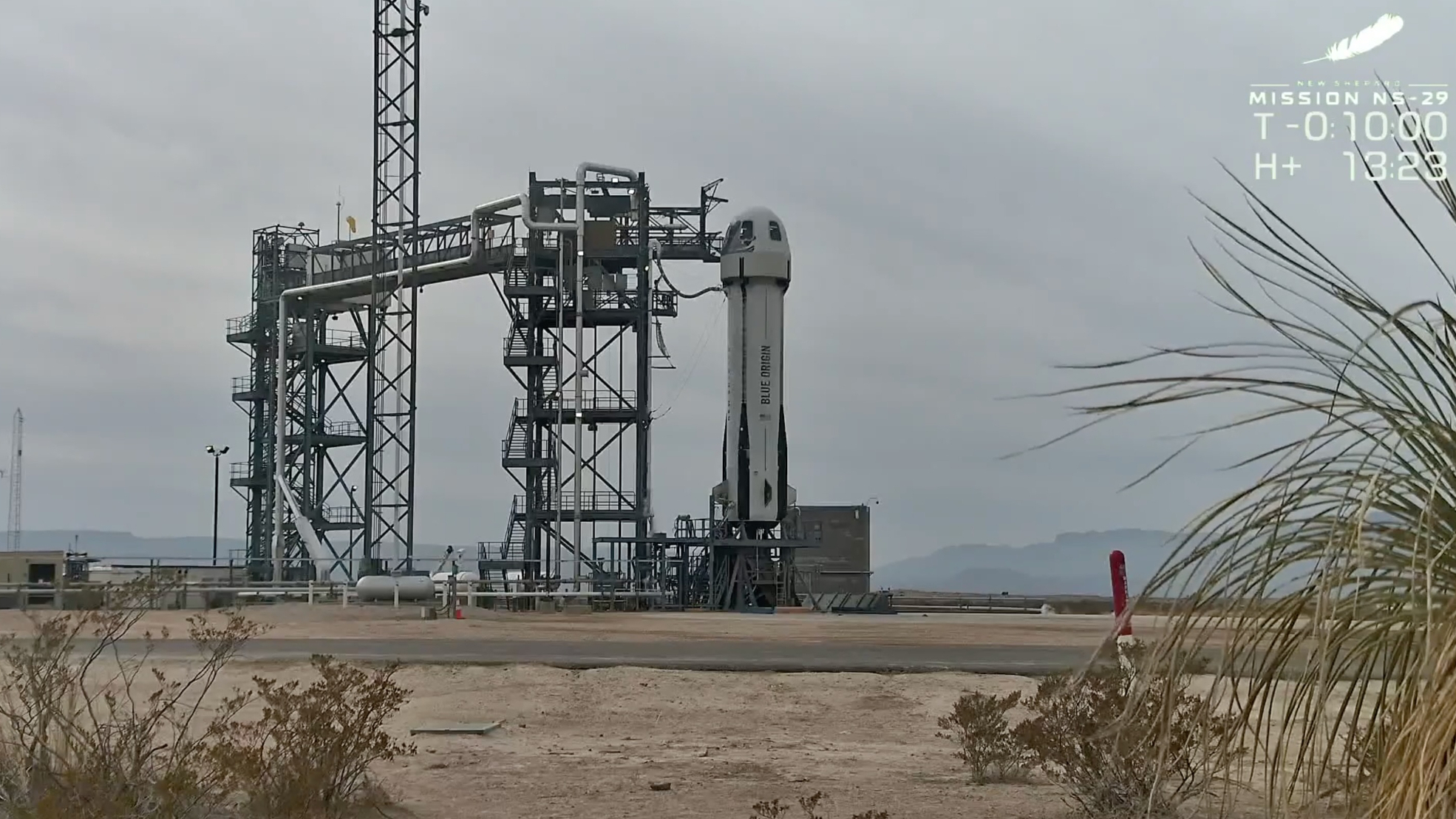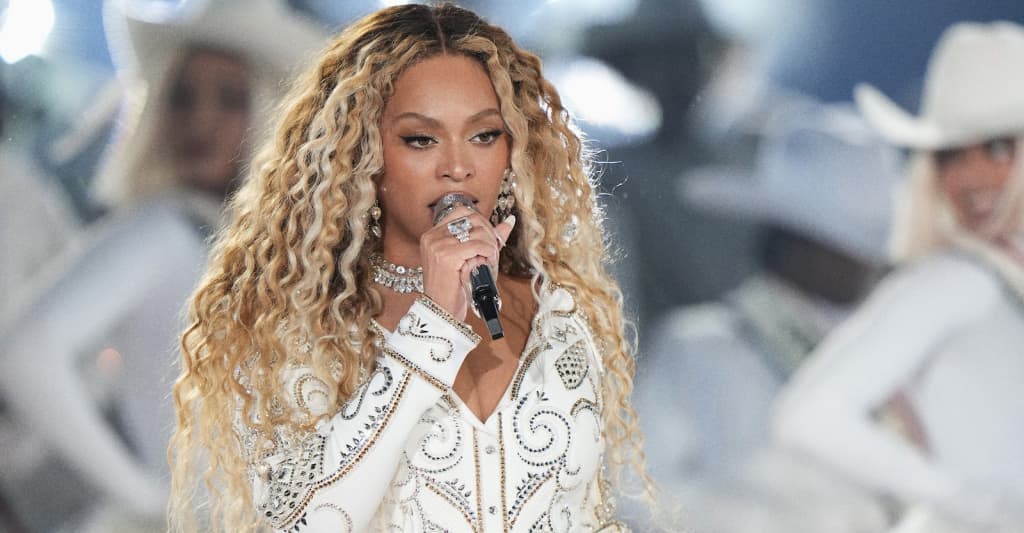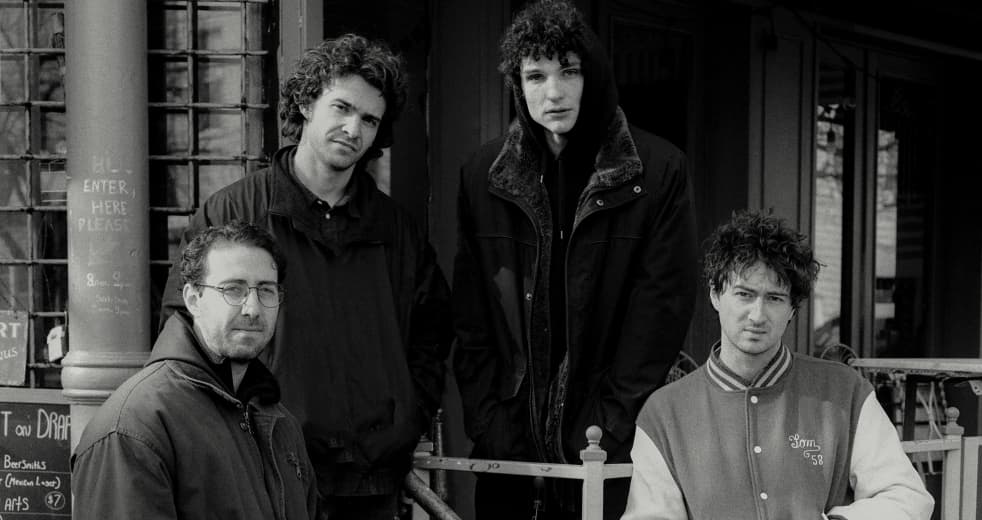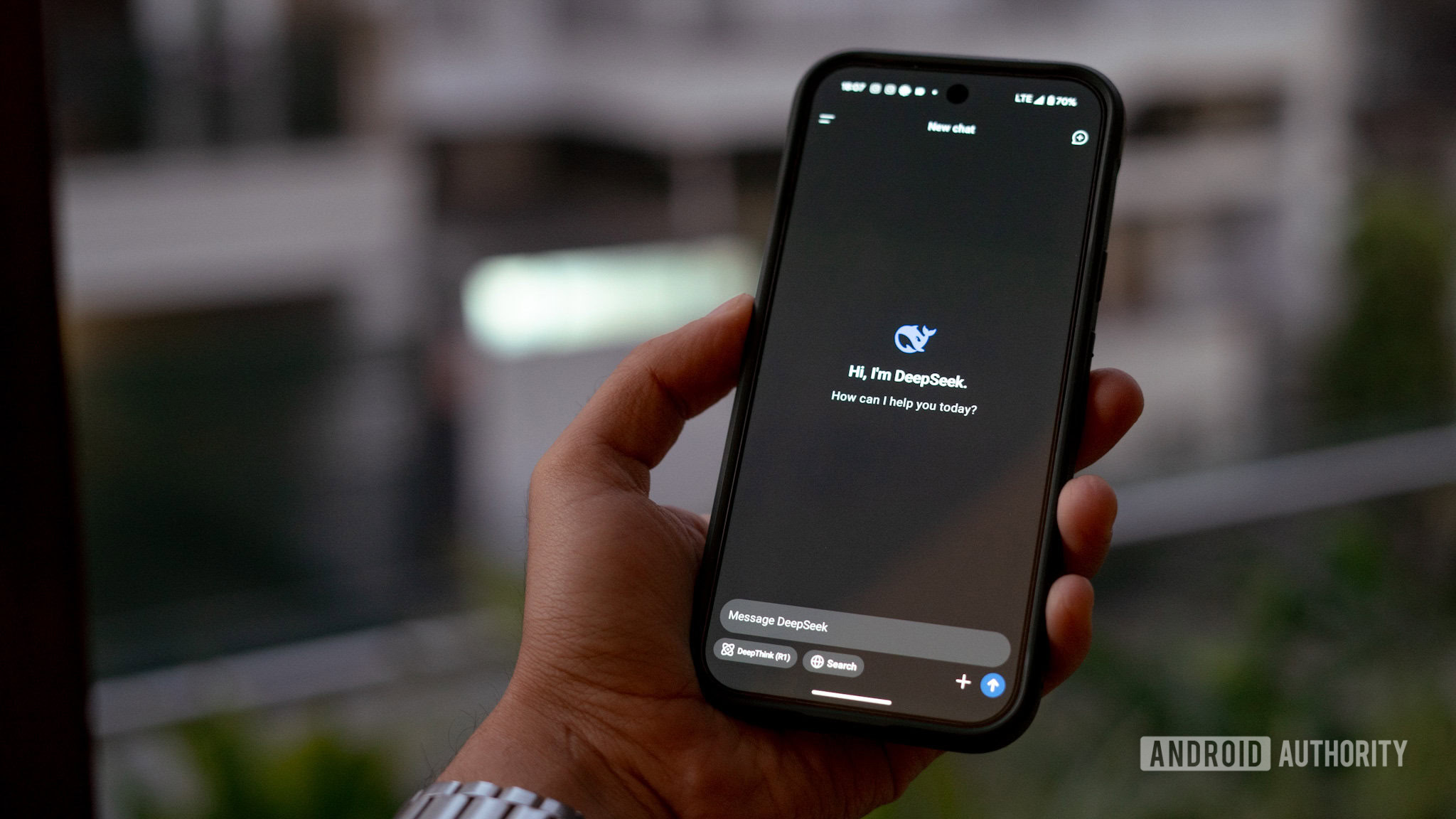Bonobos Can Tell When They Know Something You Don't
A study found that bonobos can recognize when someone lacks knowledge they possess and take action to help, demonstrating a basic form of theory of mind. This suggests that the ability to understand others' perspectives is evolutionarily older than previously thought and may have existed in our common ancestors to enhance cooperation and coordination. New Scientist reports: [W]e have been missing clear evidence from controlled settings that primates can track a perspective that differs from their own and then act upon it, says Luke Townrow at Johns Hopkins University in Maryland. To investigate this, Townrow and Christopher Krupenye, also at Johns Hopkins University, tested if three male bonobos at the Ape Initiative research centre in Iowa could identify ignorance in someone they were trying to cooperate with, and then gesture to them to help solve the task. On a table between the bonobo and an experimenter were three upturned plastic cups. A second researcher placed a barrier between the experimenter and the cups, then hid a treat, like a juicy grape, under one of them. In one version of the experiment, the "knowledge condition," a window in the barrier allowed the experimenter to watch where the treat was placed. In the "ignorance condition," their view was completely blocked. If the experimenter found the food, they would give it to the bonobo, providing a motivation for the apes to share what they knew. Townrow and Krupenye looked at whether the ape pointed at the cup, and how quickly they pointed, after the barrier had been removed over 24 trials for each condition. They found that, on average, the bonobos took 1.5 seconds less time to point and pointed in approximately 20 per cent more trials in the ignorance condition. "This shows that they can actually take action when they realize that somebody has a different perspective from their own," says Krupenye. It appears that bonobos understand features of what others are thinking that researchers have historically assumed they didn't comprehend, he adds. The findings have been published in the journal PNAS. Read more of this story at Slashdot.

Read more of this story at Slashdot.





















